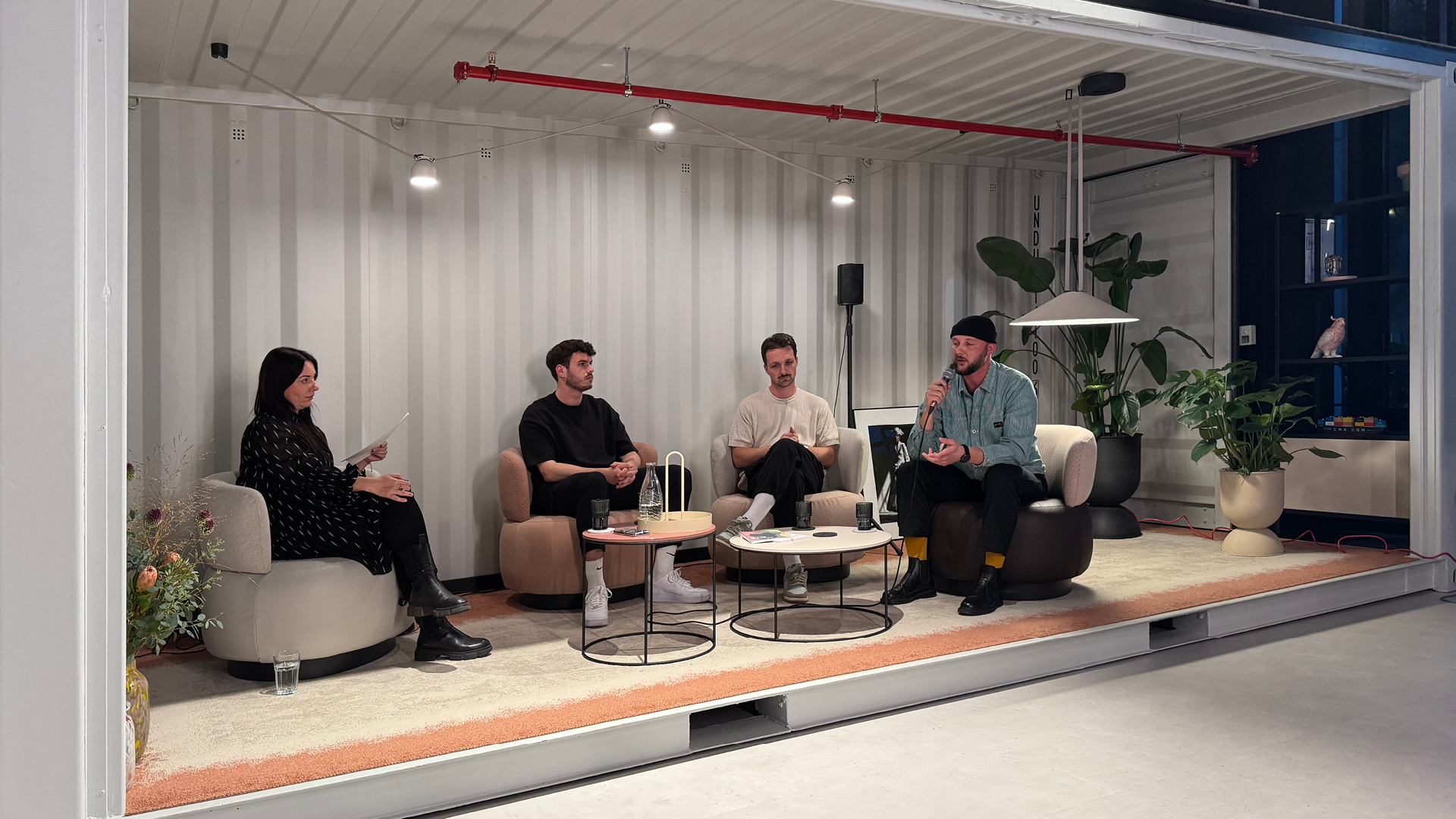Green Codex: A Framework for the Circular Economy
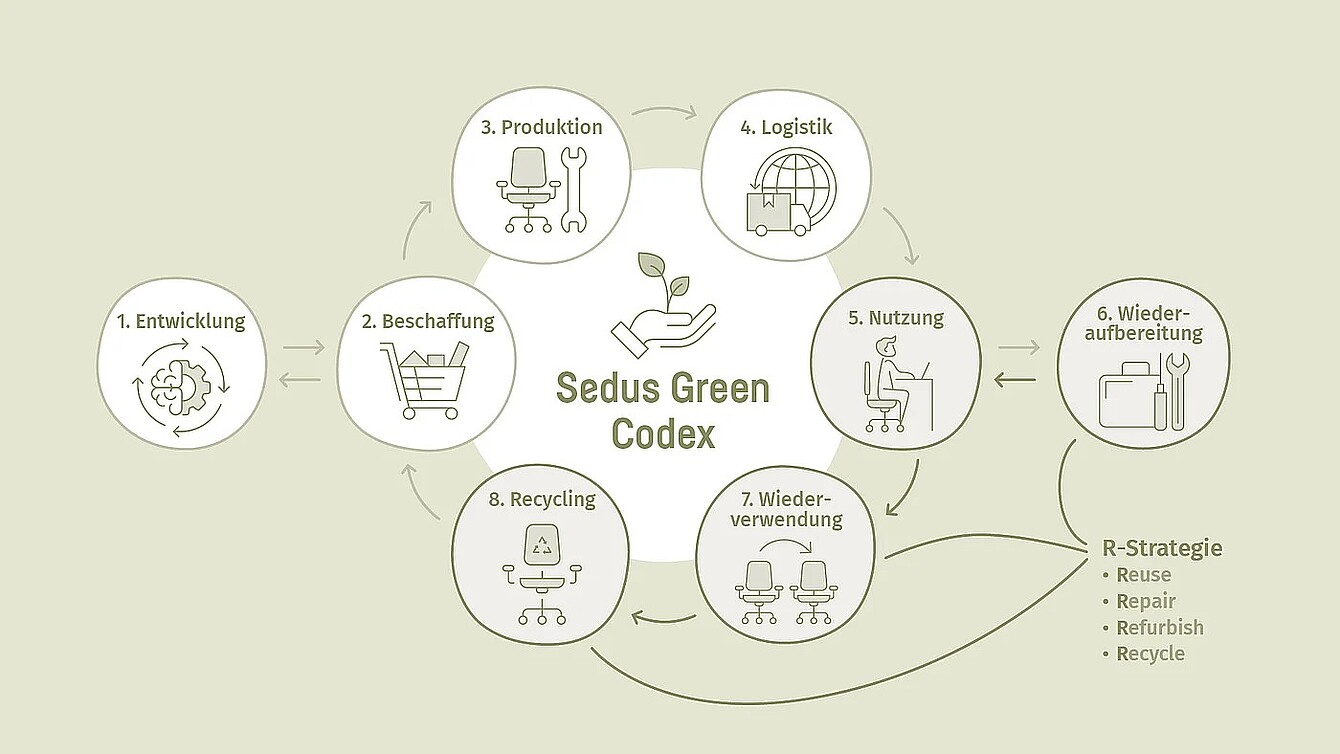
Sedus works in alignment with its own Green Codex, which covers every phase of the product lifecycle – from development and use to repair, refurbishment and recycling.
Niklas Flum outlined how the landscape has shifted in recent years:
- Legislators are tightening regulatory requirements
- Customers increasingly expect transparency and verifiable evidence
- Younger generations place greater emphasis on environmental and social standards
For Sedus, these developments reinforce its long-standing approach: sustainability is not an isolated initiative but a guiding principle embedded in every business decision.
Tender Processes: Sustainability as a Decisive Award Criterion
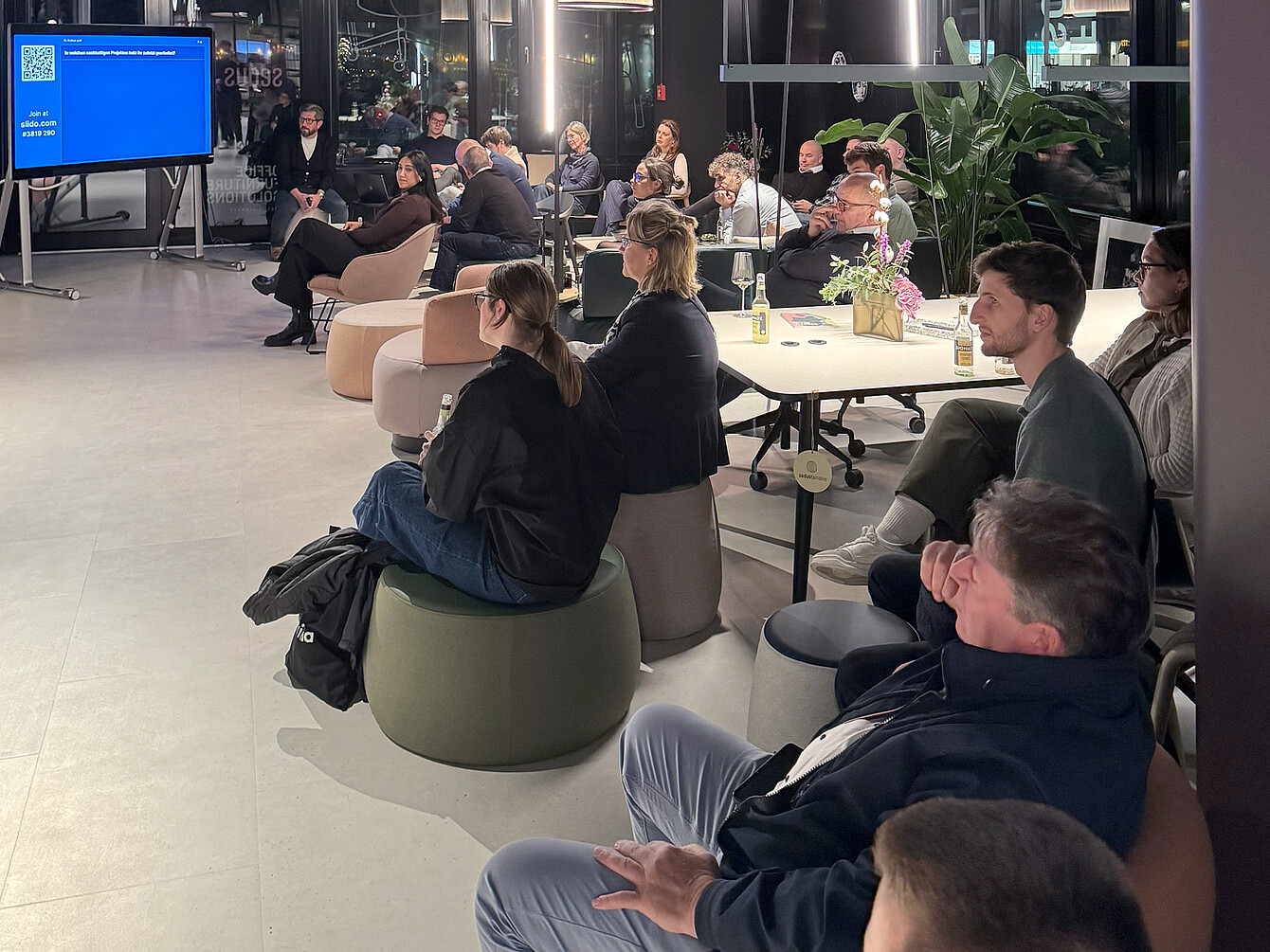
Nowhere is the influence of sustainability more evident than in tender management.
As Simon Roth explained:
- Many specifications now include dedicated sustainability sections
- Certificates, ratings and structured concepts are frequently required
- Alongside traditional criteria such as price and performance, ecological and social aspects have become major factors
A clear distinction must be made between:
- Public tenders – usually defined by checklists and formalised requirements
- Private tenders – more conceptual, holistic and solution-oriented
Here, Sedus benefits from comprehensive certified management systems, robust social standards and transparent product data.
Certifications: SA8000 and EcoVadis as Strong Signals
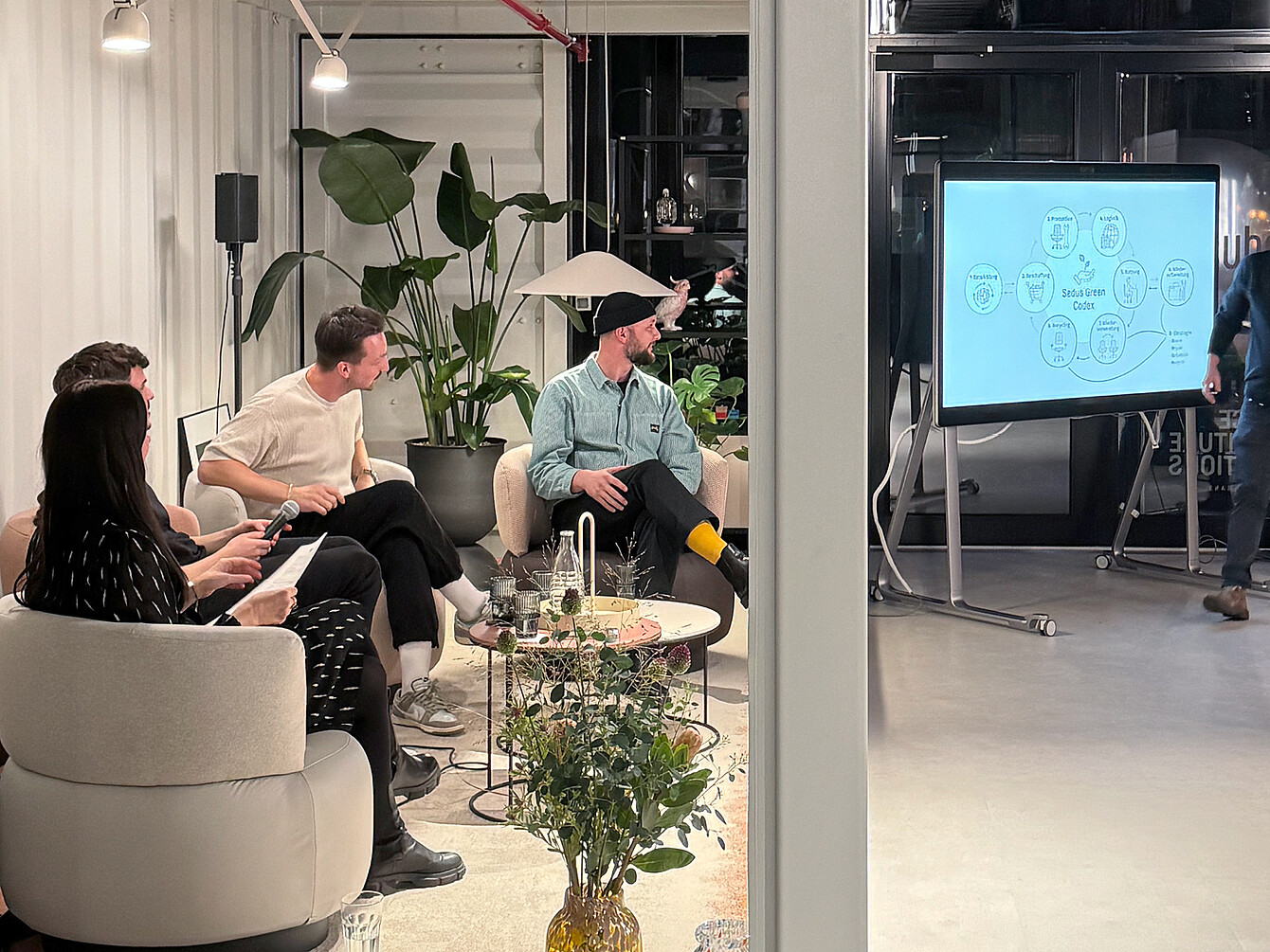
Two key examples illustrate this commitment:
SA8000 – Social Standard for Fair Working Conditions
With SA8000 certification, Sedus has closed an important gap in its sustainability management. The standard covers:
- Fair working conditions
- Prohibition of child labour and forced labour
- Supply-chain responsibility
A notable aspect: audits occur unannounced within a defined time window and extend deep into the supplier network.
For a major project in Italy, SA8000 was the decisive factor in awarding the contract – an area where Sedus was able to offer clear added value.
EcoVadis – Assessing Sustainability Performance
Niklas Flum also highlighted the EcoVadis rating, in which Sedus was once again awarded Gold status, placing the company among the top 5% of all assessed organisations.
EcoVadis evaluates:
- Environment
- Labour & human rights
- Ethics
- Sustainable procurement
Crucially, only documented and verifiable measures count toward the score.
Design & Development: Sustainability Begins at Concept Stage
Konstantin Thomas demonstrated how sustainability is embedded from the earliest design phases:
- Use of VR and digital modelling to visualise form and proportion early on, reducing the need for physical prototypes
- Focus on material efficiency, separability and reparability
- Development of products that can integrate into modular systems and circular processes
Regional Partnerships and Circular Material Flows
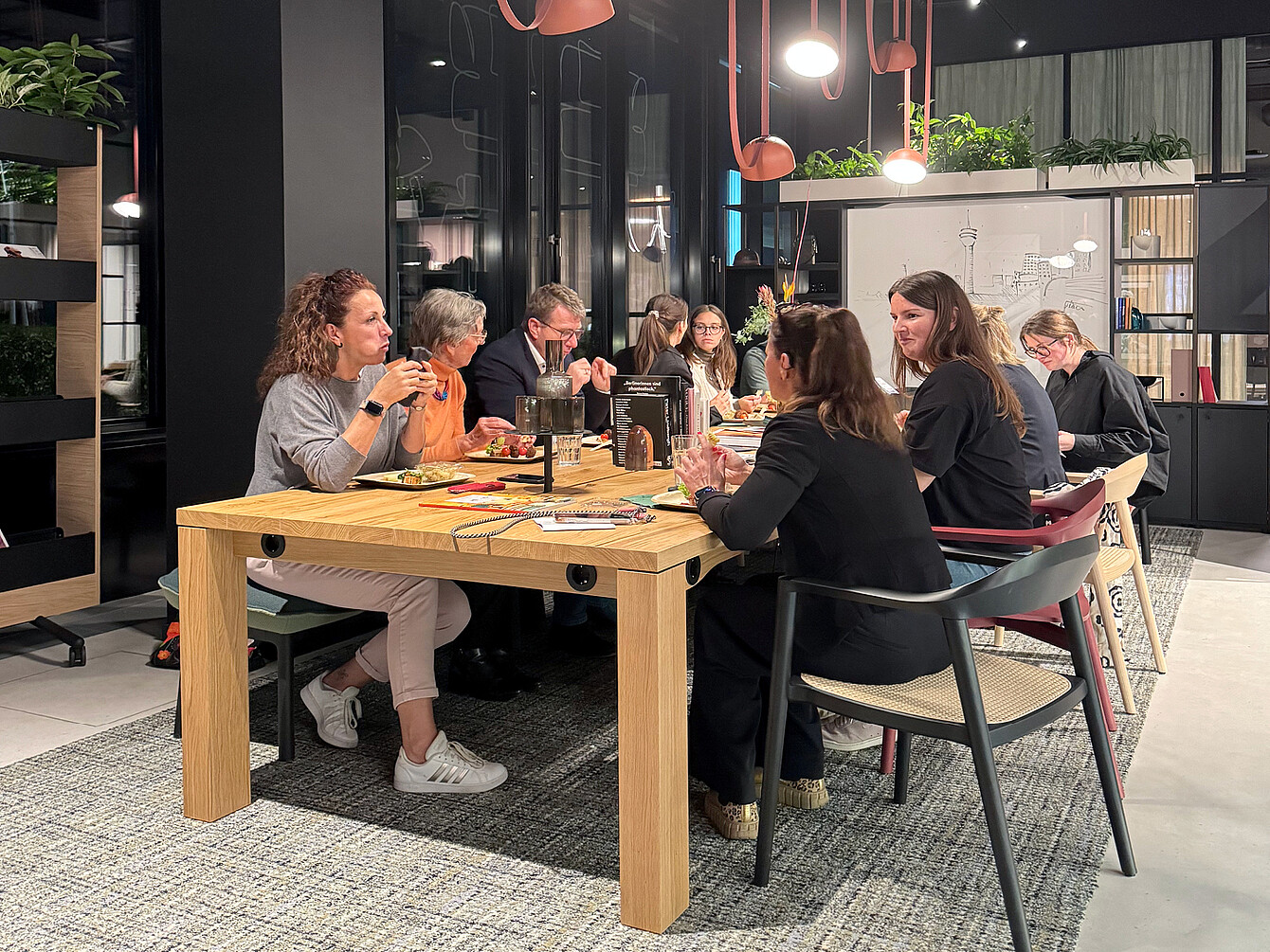
Another development example is Sedus’ partnership with a regional manufacturer of recycled wood-based insulation materials from the Black Forest, used among others in se:hive.
The material:
- Is sourced from regional forests
- Provides acoustic performance and is suitable for interior construction
- Benefits from short transport routes and the potential to reintroduce materials into the regional value chain
This illustrates that sustainability is not only about material choice – but also about local value creation and circular thinking.
Between Aspiration and Reality: Balancing Ambition and Feasibility
The conversation also highlighted that sustainability must continuously be balanced:
- Not every certification is economically viable – prioritisation is essential
- Country-specific requirements call for flexible solutions
- Creative alternatives such as the internal Sedus Environmental Product Information (EPI) help maintain ecological transparency where formal certifications would be too resource-intensive
Close cooperation between tender management, sustainability teams, design, and sales ensures that individual customer requirements can be addressed pragmatically.
Looking Ahead: Sustainability as Standard Practice
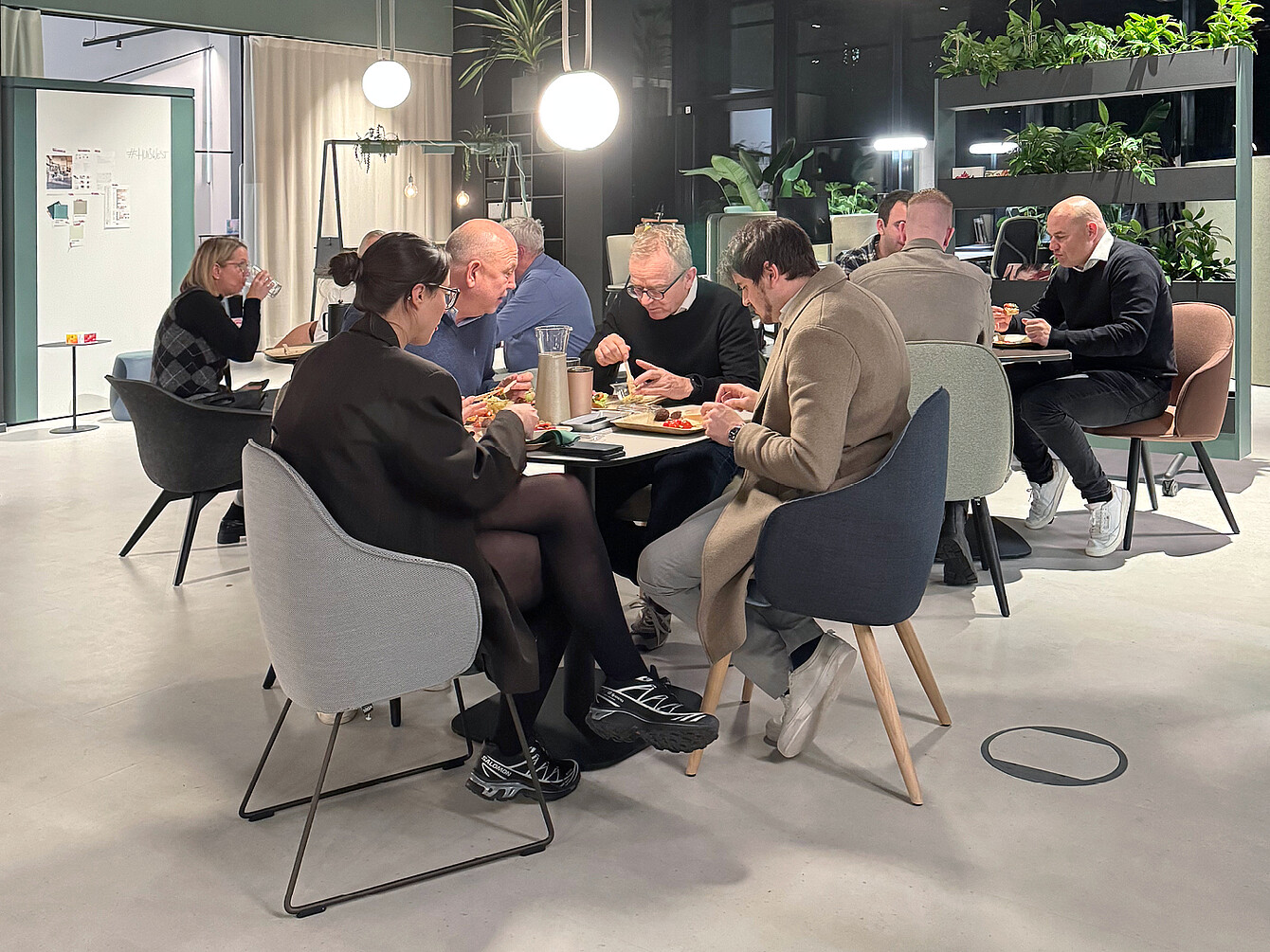
In conclusion, the panel discussed how the market should evolve. Their shared perspective:
- Sustainability should no longer be a special category, but a standard component of every project
- Its three pillars – environmental, social and economic – should be treated with equal importance
- Tenders should focus more strongly on holistic concepts rather than relying solely on checklists
The long-term vision:
Sustainability should cease to be a differentiator – and become a fundamental expectation.
social media channels:
